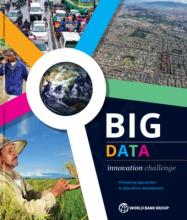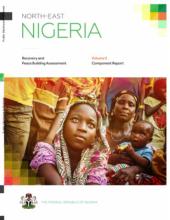Land Library
Welcome to the Land Portal Library. Explore our vast collection of open-access resources (over 74,000) including reports, journal articles, research papers, peer-reviewed publications, legal documents, videos and much more.
/ library resources
Showing items 1 through 9 of 386.Many African countries rely on sporadic land transfers from customary to statutory domains to attract investment and improve agricultural performance. Data from 15,000 smallholders and 800 estates in Malawi allow exploring the long-term effects of such a strategy.
This Systematic Country Diagnostic (SCD) looks at why a country with such great potential has not been able to materialize it. The SCD analysis has identified several knowledge gaps.
The agricultural and food production sector plays a key role in fighting poverty and food insecurity in Moldova, but is facing critical challenges to modernize and integrate into the international market.
In the last four years Myanmar’s economy has seen a slight shift away from agriculture toward industry and services. This may mark the beginning of a structural transformation away from a rural, agricultural economy toward a more urban, industrial and service-based economy.
Big data can sound remote and lacking a human dimension, with few obvious links to development and impacting the lives of the poor. Concepts such as anti-poverty targeting, market access or rural electrification seem far more relevant – and easier to grasp.
Agriculture has been essentially the backbone of economic growth for centuries. The sector has provided employment for the majority of the world population for generations, and has served as a powerful force in transforming of economies towards an industry- and service- based.
Even though a large majority of poor households are engaged in agriculture, per capita productivity and real levels of sectoral growth remain low in Madagascar.
Over recent decades, Vietnam’s agricultural sector has made enormous progress, realizing major gains in productivity and output and contributing to national goals related to food security, poverty reduction, social stability, and trade.
Since 2009, insecurity in the North-East of Nigeria has led to the loss of over 20,000 lives and the displacement of over two million people. Throughout the region livelihoods have been disrupted, and homes, public buildings and infrastructure destroyed.









